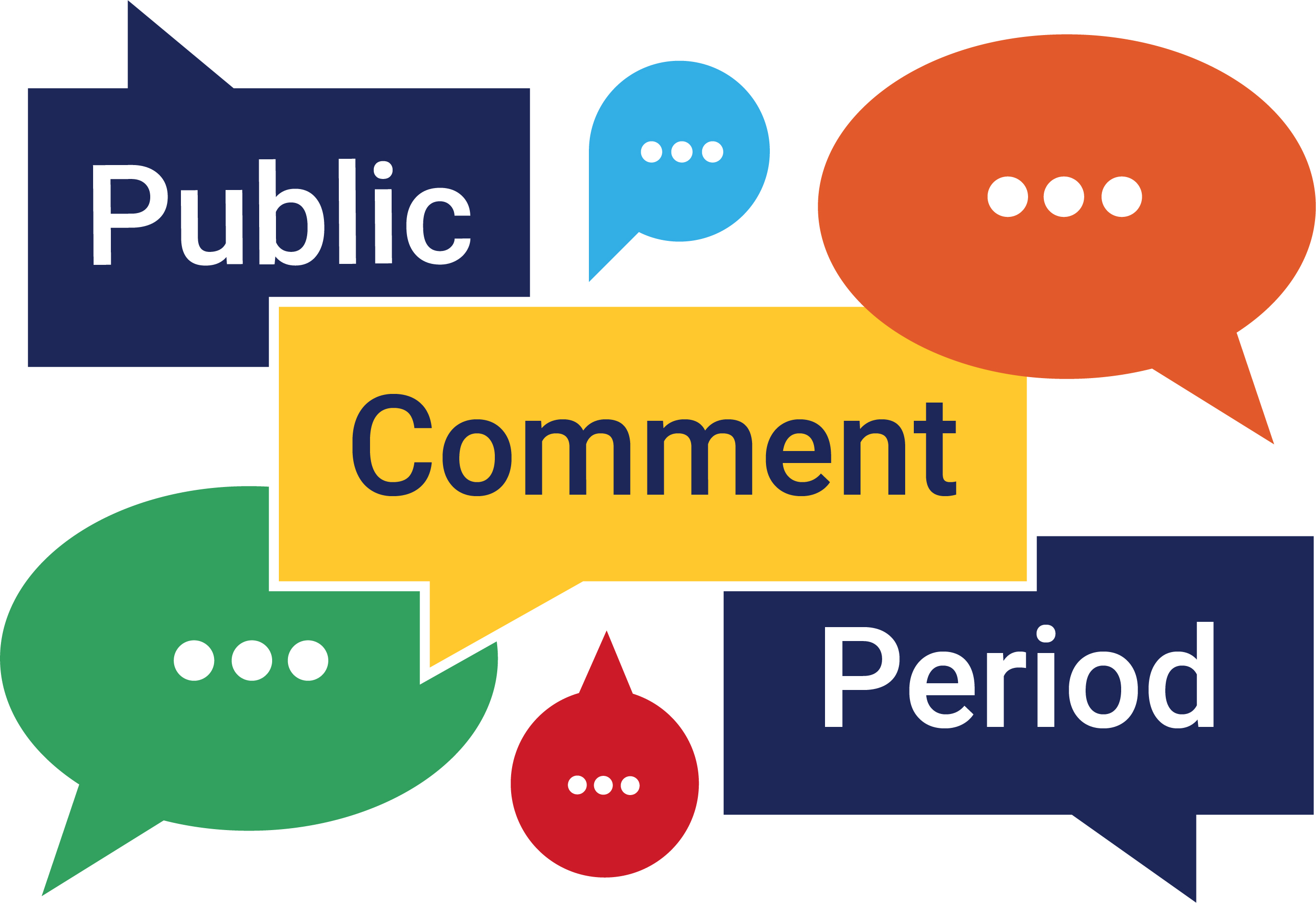
BHE Proposed Degree Granting Regulation for Pilot Proposals on Innovation (610 CMR 16.00) - Published for Public Comment
At its October 28, 2025 meeting, the Massachusetts Board of Higher Education authorized the Commissioner of Higher Education to solicit public comment on the proposed regulation, 610 CMR 16.00: Degree Granting Regulations for Pilot Proposals on Innovation. The statutorily required 21-day public comment period began on Friday, November 21, 2025, and written comments will be accepted by the Department until 5:00 p.m. on Friday, December 12, 2025. A public hearing will be held virtually by the Department on Friday, December 12, 2025 at 12:00 noon EST via Zoom.
More >